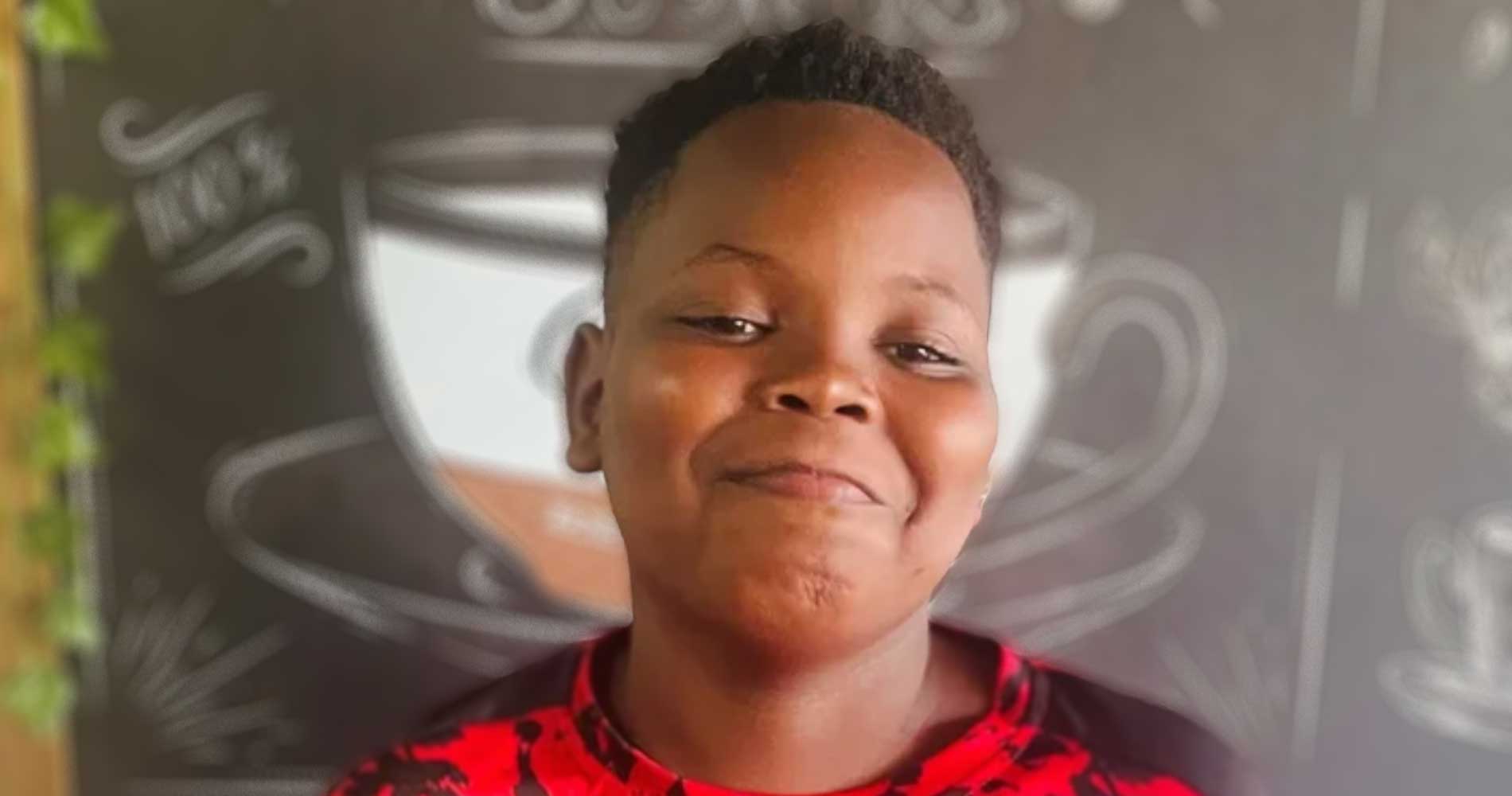On August 10, 2023, police in Senatobia, Mississippi, arrested Quantavious Eason, a 10-year-old Black boy, after he urinated behind his mother’s car while she was inside a local business. The boy had seen a sign that there were no public restrooms inside. An officer in the small town about 40 miles south of Memphis witnessed the child urinate and, after four more officers responded, took the boy into custody. Although Quantavious’s mother was present, the officers placed the third grader into the back of a police cruiser and took him to the local jail where they held him in a cell before releasing him to his mother.
The police do not dispute that the child stood behind a car door and urinated as discreetly as possible. Police offered no explanation for why they believed arresting a 10-year-old and taking him to jail was appropriate for this behavior given the circumstances.
Days after the boy’s arrest, the Senatobia Police Chief issued statements admitting officers had violated department policy and training by taking him to jail.

Despite the police chief’s admission, Paige Williams, the Tate County Youth Court prosecutor, pushed ahead with the prosecution after the boy was cited as a “child in need of services.” According to the boy’s attorney, the prosecution threatened to upgrade the citation to a charge of disorderly conduct if the family pushed for a trial. Facing this threat, the boy’s family was offered an initial adjudication that would lead to the 10-year-old being put on probation.
Subsequently, on December 12, 2023, Tate County Youth Court Judge Rusty Harlow approved sentencing the child to write a book report and to three months probation, which included requirements that the 10-year-old submit to drug testing at the discretion of a probation officer and have an 8 pm curfew beginning just before the holiday season. The family has stated they will not accept such a sentence and will continue to fight the citation.
The arrest and its aftermath have hurt Quantavious. His mother reported that in the weeks following, he requested not to attend his brother’s sporting events because police were present. His attorney declared, “They have scarred this boy, possibly for life.”
The arrest, detention, and aggressive prosecution of Quantavious has again raised questions about the treatment of young Black boys by law enforcement and contributed to the concern that Black boys are subjected to harsher treatment and more aggressive policing than youth who are not of color. A presumption of guilt and delinquency directed at Black children has a long history in America and continues to cause concern significant disparities at all stages of the juvenile system, in the administration of school discipline, and more.